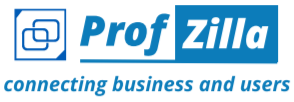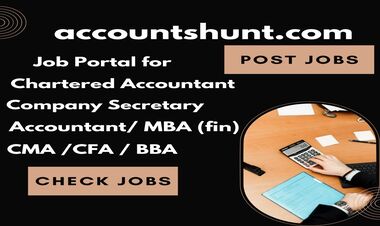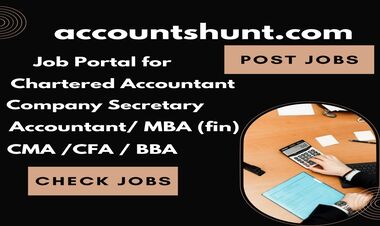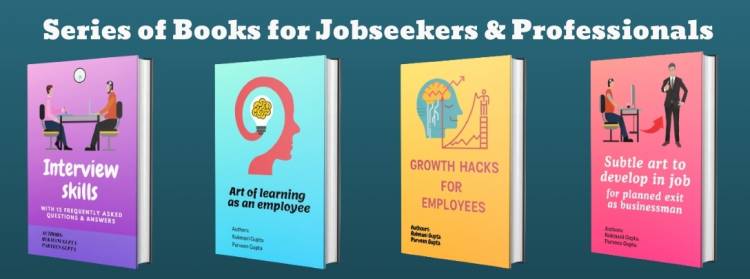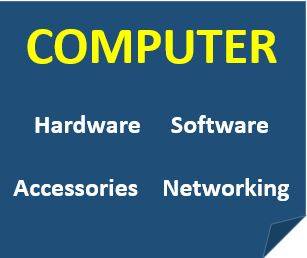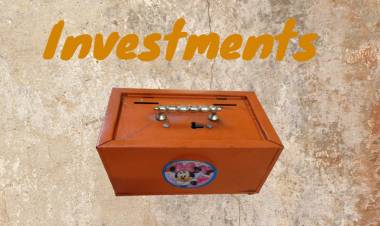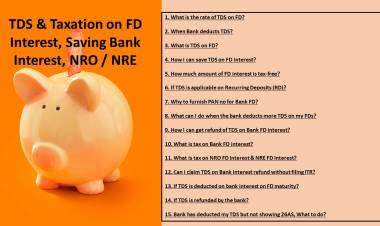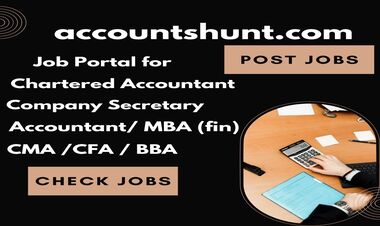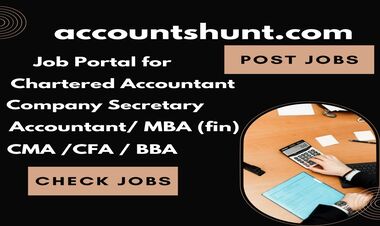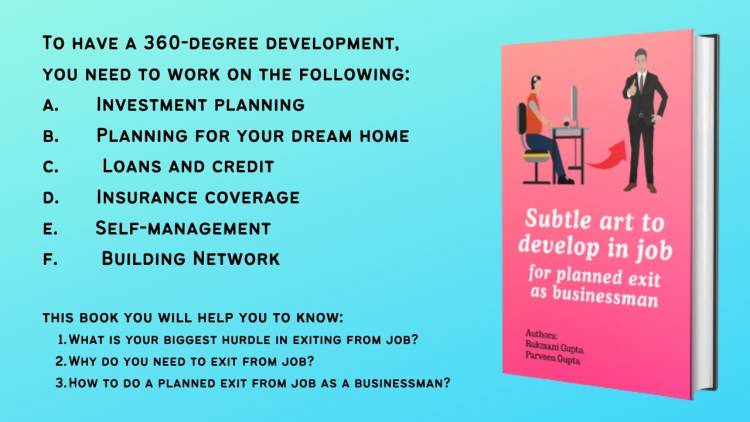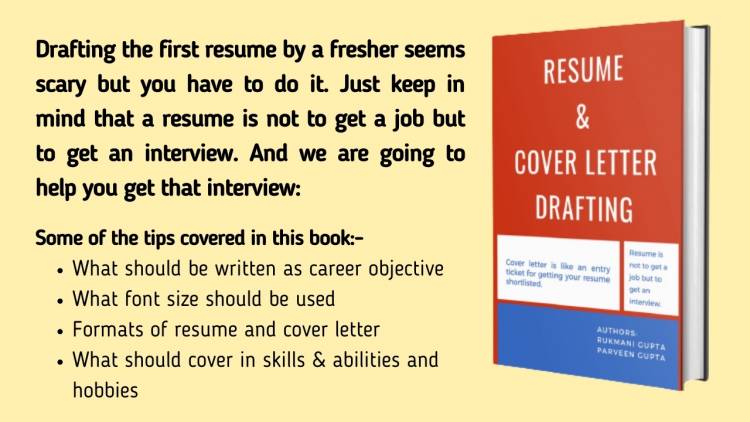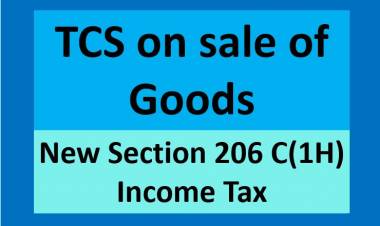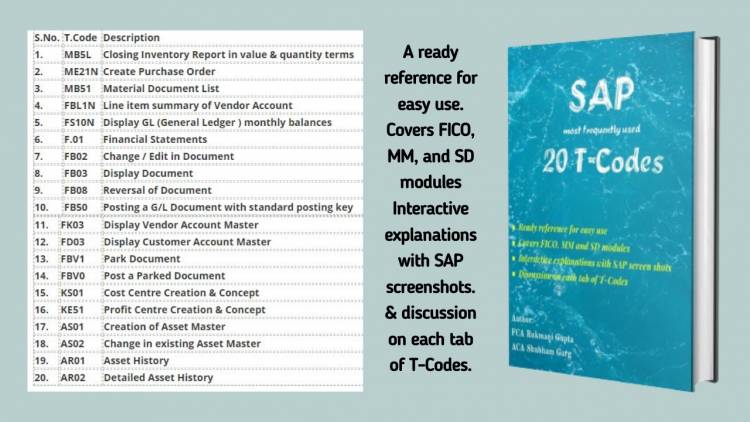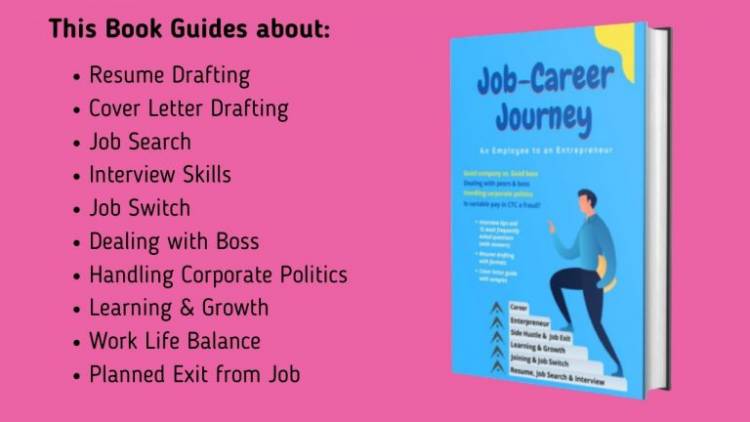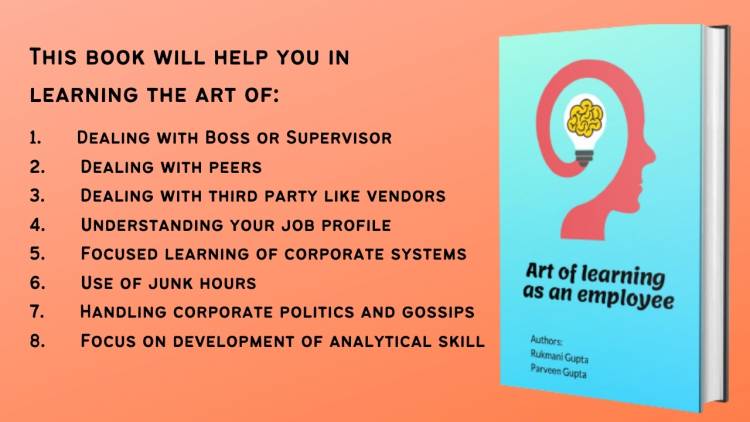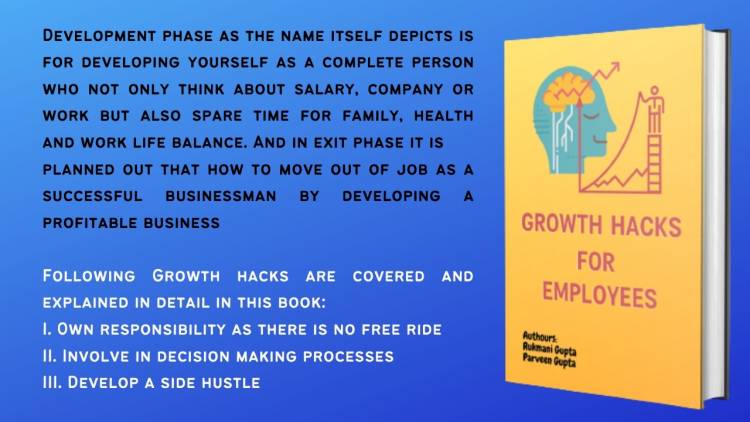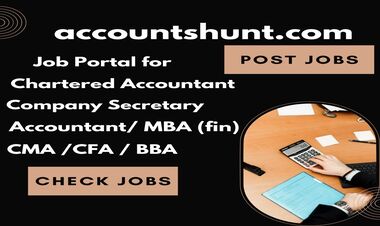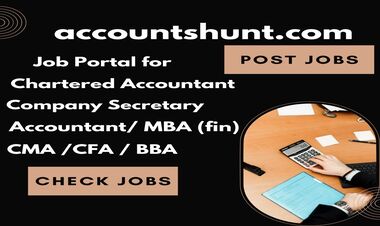So many investment options!!! Confused which ones to choose?
Available Options for Investment!!
“Stocks, bonds, mutual funds, bank account, recurring deposit, fixed deposit provident fund, real estate, gold, currency, commodities etc, etc, etc.”
So many investment options!!! Confused which ones to choose?
The availability of so many investment options makes it confusing and difficult to choose the right option but the solution is that Investors must be aware of the variety of options available to them and conduct extensive research and review their investment goals.
what do you mean by investing?
Investing is not about getting rich quickly, but rather a way to continually grow the wealth you already have. You don’t need to have a lot of wealth to begin investing but you need to have knowledge about where your money will grow as per your requirements.
There are different types of investments depending upon the investor requirement and risk-taking capacity.
Let’s analyze each of them on the basis of risk and returns!!!
Investments are classified into five categories.
- owned investments
- lending instruments
- Liquid Investments
- Retirement Investments
- Alternative investments
1. owned investments:
It can also be called has having ownership of the assets which helps you to earn profit through their holdings.
Stocks:
Shareholders are the part owners of the company; this investment product allows investors to get ownership of the companies along with voting rights. It involves highest risk as compared to all other asset classes but returns are equivalently higher. Being part owners of the company, shareholders share the risk of profit and loss attached with the company having claims on the assets of the company.
Commodities:
Commodity investment is a type of investments that affects the overall economy. These comprise oil, food grains, and other resources. During high inflation people tend to store these things or buy them through exchange on MCX and keep themselves hedged with the growing prices of necessary items. Risk of investments in commodity is low as compared to equity market because the information and climatic situation is present in front of everyone and one can predict the prices accordingly.
Real estate:
Investors invest their surplus money to acquire a property to lease or resell them at a higher profitable rate. They get returns in the form of rent & capital gains. However self-occupied property occupied property could not be considered as investment. Risk of investment in real estate for developing country could be considered low as compared to develop country because along with development in the country we see the prices of real estate going up year on year.
Ornaments and antiques:
Precious objects like gold, silver, pearl, diamonds, artefacts are considered as investments. These may not always be a prudent investment decision as they face the risk of physical damage and require regular maintenance and safe storage but investing in these objects would help you during emergencies as one can easily liquidated in cash immediately by selling them.
Life Insurance:
It is considered to be safest type of investment for long-term. It insures a person and family from adverse situations and life insurance premium amount is eligible for tax deductions under section 80C of the Income Tax Act, 1961. This could be chosen by investors looking for lower risk and getting themselves and family insured for long term.
Business:
Individuals invest their time, expertise, experience and money to establish personal businesses. These may either be manufacturing or services business. To set up a business one needs lot of hard work and capital and such investments may be profitable in the longer duration.
2. Lending investments
With these instruments, investors lend money which will be repaid at a later date. Providing lower risks but offer lower returns on the investments.
Public Provident Fund:
It is considered the safest and most secure long -term investment product and is completely tax-free and offers benefits under 80C. The interest rate is at 8% per annum with lock-in period of 15 years.
Bonds and debentures:
Bonds and debentures are one of the debt instruments which are issued by government or companies. Usually bonds are issued by government and debentures are issued by public companies. They are a safe bet for investments, Investors loan money to the issuer when they acquire debentures or bonds. The issuer repays this amount over a period of time along with a fixed rate of interest.
Certificate of deposits (CDs):
Certificate of deposit is a promissory note issued by banks and credit unions. When investors acquire CDs, they are unable to withdraw their money prior up to the maturity date and earn interest on unwithdrawn money. Usually the interest is higher than fixed income and other term deposits.
Treasury inflation-protection securities (TIPS):
TIPS are a type of U.S treasury bond which is designed in a way to fight against inflation, it is linked to the Wholesale Price Index (WPI). This investment “protects investors capital against inflation” They are favourite amongst those investors who are looking for less volatile and less risky investments.
3.Liquid Investments
Investors include some money in the form of cash within their portfolio. There are certain cash equivalent investment products available in the market like money market funds or time deposits which has maturity less than 3 months. These instruments have the speciality of easy conversion to cash. Hence, they yield lower returns as compared to other asset classes.
4.Retirement Investments
Retirement means the end of earning period and people tend to save money for their easy and happy retirement, so the government has provided many schemes and investment opportunities for senior citizens which helps them invest their money at an early stage of life which tends to reap benefits at later years in life.
Senior Citizen Saving Scheme:
A tax saving scheme for individuals above 60 years. The scheme offers a tax-free interest of 8.6% annually. However, the maximum amount one can invest is Rs 15 Lacs and in the multiple of 1000 only. A senior citizen can invest in this scheme either individually or by opening a joint account with their spouse. The account could be opened with a post office or scheduled commercial bank.
National Pension System:
This is an initiative by the Government for those who wish to receive pension during their retirement years. National Pension Scheme provides 12% tax free interest. It matures when the investor is 60 years of age. So, if you start investing in NPS at 25 years of age then you will have lock in period of 35 years. If the investor avails a lump sum payment upon maturity, then 40% of the amount is exempted from tax. Pension that is receive will be fully taxable as per your income but during accumulation period no tax is to be paid.
Fixed Deposit:
The company fixed deposits provide a higher rate of interest as compared to bank fixed deposits. However, the lock-in period is for a long tenure. The returns payable is monthly, quarterly or annually as per the bank guidelines. However, interest on these deposits is taxable. Mostly fixed deposits can be withdrawn earlier than the tenure decided but that attracts penalty. Banks offer two types of fixed deposit- cumulative and non-cumulative. In cumulative option, interest is re-invested and it is payable at the time of maturity. Whereas in non-cumulative, interest is payable monthly, quarterly or annually.
Recurring deposit:
Recurring deposit is one of the most convenient investment options. It is offered by banks and helps people with regular income to deposit fixed amount of money which they wish to save in recurring deposit account. The interest options one can decide upon are either monthly, quarterly, half yearly or cumulative. They earn interest at the applicable rate of fixed deposits.
5.Alternative Investments
This asset class includes all other investment alternatives. Some of these instruments are not categorized as ownership, lending or retirement. Here are some examples of such products.
Real-estate investment trusts (REITs):
REIT owns, operates and finances income-producing real estate, they manage portfolio of real estate properties and mortgages. An alternative to purchasing investment properties. REITs are companies that invest in real estate and investors earn profits through their investments. Investors can easily buy shares in publicly traded REIT. They offer real estate ownership and advantage of liquidity and diversity. It pays at least 90% of their taxable income as dividends. These income includes rent, interest and capital gains.
Venture capital:
Venture capital is a type of private equity investment where in capital is offered to start-up ventures or small businesses. Investors making investments into venture capital are also known as venture capitalists, who expects these companies to grow at a sustainable rate in future and earn returns. Sometimes, when investors are confident of the business model, they may become partners and acquire equity stake, which gives them authority to be a part of managing the business. Venture capital investment has high risk but returns are also on higher side once the business glooms.
Sukanya Samriddhi Yojana:
Government has taken up this measure for education and financial freedom for the girl child, this scheme is to promote the welfare of the girl child. It enables parents to start saving for education and marriage of a girl child from start itself. The tenure of this scheme is until 21 years of age with rate of interest at 8.5%. This scheme offers Triple Exempt Tax benefits. This account can be opened when the girl child is below the age of 10 years.
Mutual Fund:
Mutual fund is a type of investment which consist the portfolio of stocks, bonds, or other securities. Mutual fund is a pool of money collected from various investors to professional fund managers who invest the pool of money into various asset classes and stocks which is designed as per the fund. Funds are launched with basic investment criteria, such as debt, equity or balanced funds.
Knowledge, Diversification, and Timeframe are the three main building blocks which an investor requires to reduce their exposure to investment risk. It is advisable to stay invested for a more extended period in a variation of products which provide utmost comfort, as the saying goes don’t put all your eggs in one basket.
 Download APP
Download APP